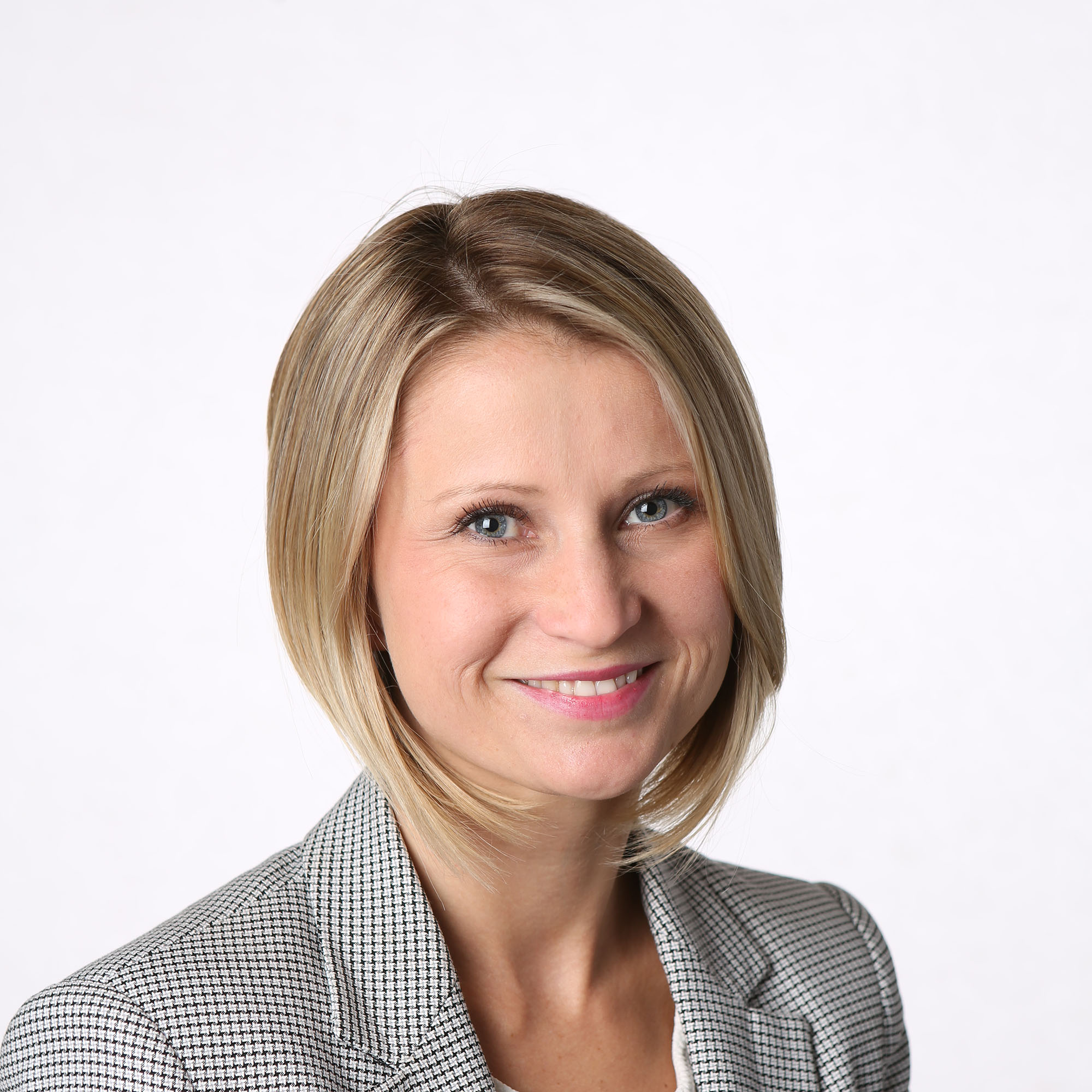Petra Andrlíková
Petra Andrlíková
Petra Andrlíková comes from Příbram and she completed her bachelor exams at the IES in 2010. She finished her master's degree in the Netherlands in Maastricht and graduated with a PhD degree in Finance from the University of Sydney, where she stayed until 2019. Petra joined Tippie College of Business at the University of Iowa as an Assistant Professor of Finance in August 2019. Her research centers on exploring the linkages between macroeconomic forces and financial markets and studying the effects of the business cycle on asset prices and portfolio choice.

Besides her academic career, after her Master’s studies, Petra worked as a credit risk advisor at ČSOB in Prague and then as a developer of credit risk models for the Erste Group.
In her free time she enjoys traveling, walking her dog and she also recently started to paint.
The IES is in many cases a springboard to a global career. What was the driving force for your first study stay abroad? What did you enjoy most about the IES?
Curiosity was my strongest driver to explore new countries and cultures. I started when I was in high school and participated in a student exchange program in the US. IES allowed me to feed my curiosity further and spend a semester in France and it helped me prepare for my future studies in the Netherlands and Australia. IES also gave me the confidence and mathematical skills required to pursue an academic career - and for that, I am truly thankful. I very much enjoyed the collegiate environment at IES – I have never met so many ambitious and hard-working people at one place before!
You gained your doctorate at Sydney University, what area of research did you focus on? What is your current research?
My research centers at asset pricing and macro-finance. My broad research program is to bring finance closer to economics. To be more specific, my current work involves applying either microeconomic theory (e.g. by studying utility functions) or macroeconomics (through business cycle effects) in explaining puzzling features of financial markets. I chose this research topic because I believe that a better understanding of how economic forces move asset prices will benefit anyone who invests in financial assets.
You recently took up the position of assistant professor at the University of Iowa, how did the recruitment process go?
The recruitment process is tough and I’m happy it’s over. It feels like a race with many PhD candidates fighting for the same spots. I attended the Annual Finance Conference in Atlanta in January 2019 and conducted more than fifteen interviews in three days with research schools from the US, Europe and Australia. I was also fighting a horrible jet lag after arriving from Sydney on a 24-hour flight. The interview stage was only a beginning, however. I spent the following few weeks visiting institutions that were interested in my research profile. I travelled through the US, Europe and then Australia to do on-campus visits, present my research and meet with faculty. I ended up with a jet lag that lasted for more than a month – I would not wish that on anyone. I must admit that I quite enjoyed all the attention and interest in my research work (especially in the beginning) but overall, PhD Candidates on the finance job market are facing tremendous uncertainty about future, which gets very stressful.
You have experience with the academic environment on 3 continents, where you are most comfortable and why? What surprised you most (where)?
I feel comfortable and enjoy living in a small college town of Iowa City – life is so much easier here than in busy streets of Sydney. In terms of academic environment, US offers the highest concentration of experts in my field of research, which certainly helps at my early stage of career. The tenure system at US institutions is very competitive, which creates an important incentive and motivation to publish in top journals. Having known how the tenure system works in the US, I was surprised to see how friendly and supportive the Finance department and the whole college at the University of Iowa are. I am hearing that this is not the case at all schools so I am extremely grateful for such environment. Finance research is well-funded in the US compared to Europe or Australia, which allows researchers to fully focus on research.
You live in the USA now, how do you spend your free time? Do you have time and space for hobbies that you had before?
My work is very flexible, which gives me the space for hobbies such as exploring US cities, national parks and the varying culture of US states. I spend most of my free time during the week either walking my dog or training him. He is a very stubborn German Shorthaired Pointer that never ends to surprise us. He is born-Australian but is loving his new Iowa life – chasing squirrels and deer all day! I also started painting, which helps me relax at home after thinking about stochastic calculus the whole day.







